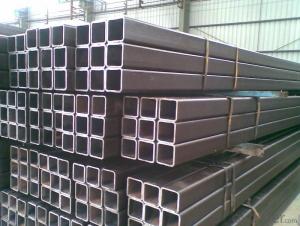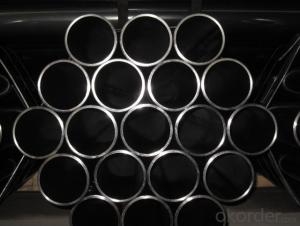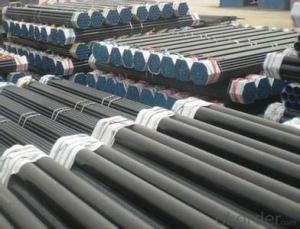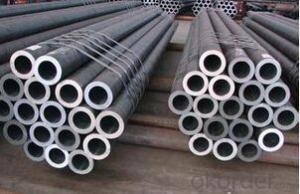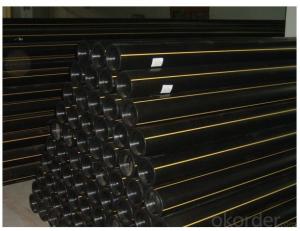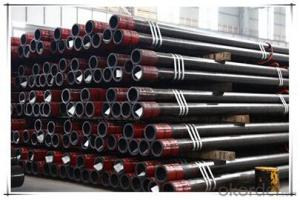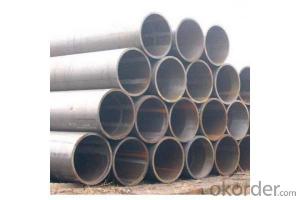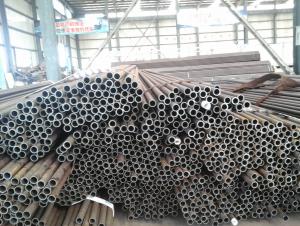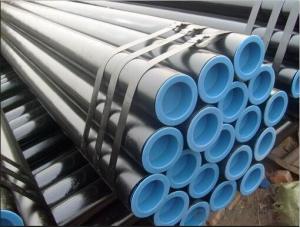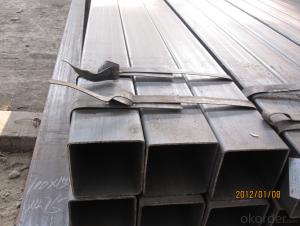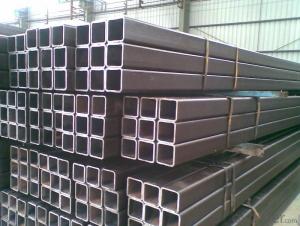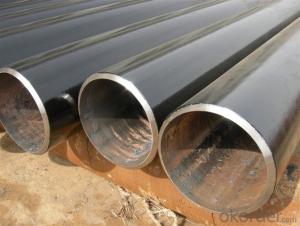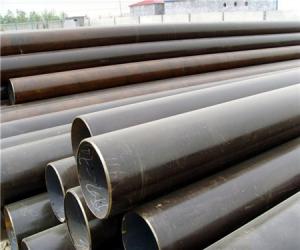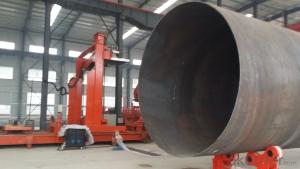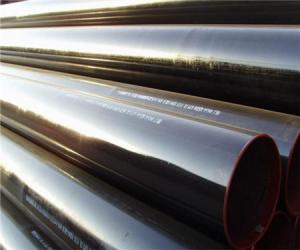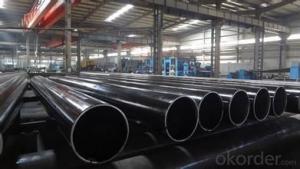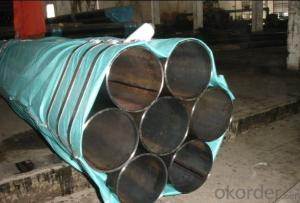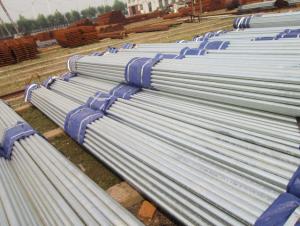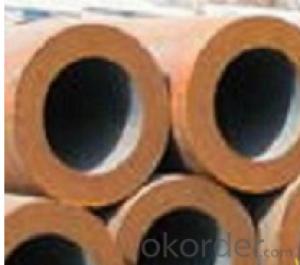All Categories
- - Steel Wire Rod
- - Steel Coils
- - Steel Profiles
- - Steel Pipes
- - Stainless Steel
- - Tinplate
- - Special Steel
- - Steel Sheets
- - Steel Rebars
- - Steel Strips
- - Hot Rolled Steel
- - Cold Rolled Steel
- - Pre-painted Steel
- - Seamless Steel Pipe
- - Welded Steel Pipe
- - Hollow Steel Tubes
- - Galvanized Pipe
- - Stainless Steel Coil
- - Stainless Steel Sheet
- - Stainless Steel Plate
- - Stainless Steel Strips
- - Electrolytic Tinplate Coil
- - Electrolytic Tinplate Sheet
- - Stainless Steel Rebars
- - Solar Panels
- - Solar Water Heater
- - Solar Related Products
- - Solar Inverter
- - Solar Cells
- - Solar Light
- - Solar Energy Systems
- - Solar Controllers
- - Solar Mounting System
- - Solar Pump
- - Solar Chargers
- - Fiberglass Chopped Strand
- - Fiberglass Mesh Cloth
- - Composite Pipes
- - FRP Pultrusion Profiles
- - Fiberglass Mat Tissue
- - Fiberglass Fabrics
- - Fiberglass Mesh
- - Composite Tank
- - Fiberglass Mesh tape
- - Polymer
- - FRP Roofing Panel
- - Fiberglass Roving
- - Monolithic Refractories
- - Ceramic Fiber Products
- - Refractory Bricks
- - Raw Materials For Refractory
- - Suspended Platform
- - Cranes
- - Concrete Machinery
- - Earthmoving Machinery
- - Building Hoist
- - Road Building Machinery
- - Plastic Pipe Fittings
- - Plastic Tubes
- - Plastic Sheets
- - Agricultural Plastic Products
- - Plastic Nets
 All Categories
All Categories
Q & A
What is the significance of pipe expansion joints in preventing stress and strain in steel pipelines?
Pipe expansion joints are crucial in preventing stress and strain in steel pipelines due to their ability to absorb and accommodate thermal expansion and contraction. As steel pipelines are exposed to varying temperatures, they expand and contract, which can lead to excessive stress and strain if not properly managed. Expansion joints are designed to allow for these dimensional changes, reducing the risk of pipeline failure and ensuring the structural integrity of the system. By providing flexibility and compensating for thermal movements, expansion joints help maintain the longevity and efficiency of steel pipelines while minimizing the potential for stress-related damages.
How do steel pipes support the transmission of data and telecommunications signals in modern networks?
Steel pipes do not directly support the transmission of data and telecommunications signals in modern networks. However, steel pipes are commonly used as protective casings or conduits to house fiber optic cables, which are the primary medium for transmitting data and telecommunications signals in modern networks. These pipes provide physical protection for the delicate cables, ensuring their durability and reliability in various environmental conditions.
What are the challenges and solutions for inspecting and maintaining steel pipes in nuclear power plants?
The challenges involved in inspecting and maintaining steel pipes in nuclear power plants primarily revolve around the harsh operating conditions and the criticality of ensuring their integrity. The high temperatures, high pressures, and exposure to radiation can lead to corrosion, stress corrosion cracking, and other forms of degradation in the steel pipes.
To address these challenges, various solutions are implemented. Regular inspections are conducted using advanced non-destructive testing techniques such as ultrasonic testing, eddy current testing, and radiography to detect any flaws or degradation in the steel pipes. Additionally, remote visual inspection tools, such as robotic crawlers or drones, are utilized to access and inspect hard-to-reach areas.
To maintain the steel pipes, a proactive approach is adopted. Coatings and corrosion-resistant materials are applied to protect the pipes from corrosion. Additionally, regular cleaning and maintenance activities are performed to remove any deposits or contaminants that may be present. In some cases, repair or replacement of degraded pipes may be necessary to ensure the structural integrity of the system.
Overall, the challenges of inspecting and maintaining steel pipes in nuclear power plants are met through a combination of advanced inspection techniques, proactive maintenance strategies, and continuous monitoring to ensure the safe and reliable operation of the power plant.
What is the impact of internal corrosion on steel pipe integrity?
Internal corrosion can have a significant negative impact on steel pipe integrity. Over time, corrosion can weaken the pipe material, leading to thinning of the pipe wall and the formation of pits and cracks. This deterioration compromises the structural integrity of the pipe, making it more susceptible to leaks, bursts, and failures. Additionally, corrosion can disrupt the flow of fluids through the pipe and reduce its efficiency. Therefore, internal corrosion must be effectively managed and mitigated to ensure the long-term integrity and reliability of steel pipes.
Wholesale Steel Pipes from supplier in Bolivia
Whether you require seamless or welded steel pipes, we have a wide selection to meet your specific requirements. Our product range includes carbon steel pipes, stainless steel pipes, alloy steel pipes, and more. We understand the importance of quality and reliability, which is why we only source our products from reputable manufacturers who adhere to international standards.
In addition to supplying steel pipes, we also provide comprehensive sales and pricing assistance. Our dedicated sales team will work closely with you to understand your project requirements and provide competitive pricing options. We strive to offer cost-effective solutions without compromising on quality.
Furthermore, we offer technical assistance to ensure that you choose the right steel pipes for your project. Our team of experts is well-versed in the different specifications and applications of steel pipes, and we can provide guidance on material selection, sizing, and other technical considerations. We aim to be your trusted partner throughout the procurement process, from product selection to delivery.
As a subsidiary of CNBM, a Fortune Global 500 company, we have the resources and capabilities to handle large-scale projects and provide end-to-end procurement services. We have a strong presence in Bolivia and understand the local market dynamics, allowing us to offer valuable insights and support for your projects. Whether you are involved in infrastructure development, oil and gas, construction, or any other industry, we can cater to your steel pipe needs.
Contact us today to discuss your steel pipe requirements in Bolivia and discover how our expertise and comprehensive services can benefit your projects.
In addition to supplying steel pipes, we also provide comprehensive sales and pricing assistance. Our dedicated sales team will work closely with you to understand your project requirements and provide competitive pricing options. We strive to offer cost-effective solutions without compromising on quality.
Furthermore, we offer technical assistance to ensure that you choose the right steel pipes for your project. Our team of experts is well-versed in the different specifications and applications of steel pipes, and we can provide guidance on material selection, sizing, and other technical considerations. We aim to be your trusted partner throughout the procurement process, from product selection to delivery.
As a subsidiary of CNBM, a Fortune Global 500 company, we have the resources and capabilities to handle large-scale projects and provide end-to-end procurement services. We have a strong presence in Bolivia and understand the local market dynamics, allowing us to offer valuable insights and support for your projects. Whether you are involved in infrastructure development, oil and gas, construction, or any other industry, we can cater to your steel pipe needs.
Contact us today to discuss your steel pipe requirements in Bolivia and discover how our expertise and comprehensive services can benefit your projects.
